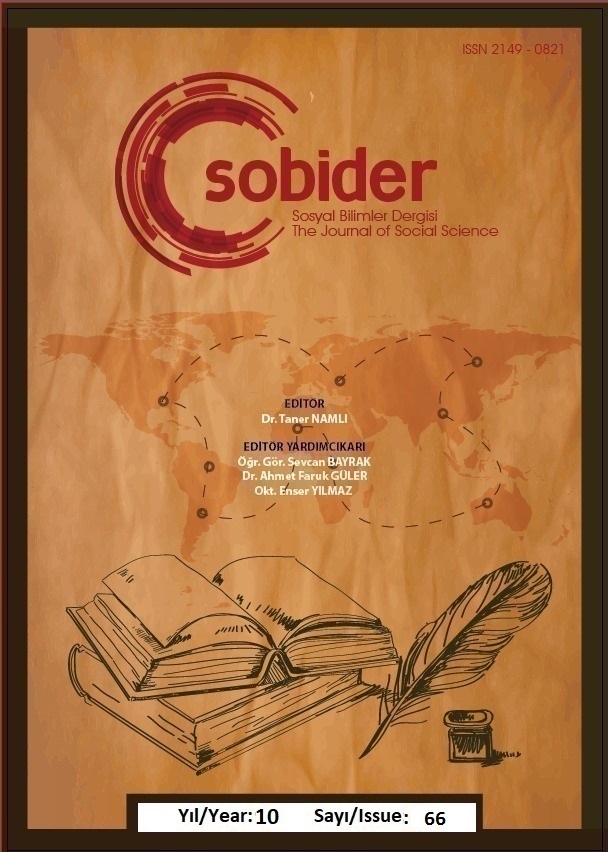Author :
Abstract
Adam Smith, 18. yüzyıl İskoç filozofu ve iktisatçısıdır. Onun görüşlerine göre, insanlar doğuştan gelen empati ve vicdan duygularına sahiptir. Empati, insanları birbirlerine yardım etmeye yönlendirir. Smith, bencil dürtüleri dengelemek için tarafsız bir gözlemci kavramını kullanır. Tarafsız gözlemci, objektif bir perspektif sunarak adil kararların alınmasına yardımcı olur. Sempati ve tarafsız gözlemci kavramları, Smith'in ahlaki düşüncelerini şekillendirir ve Hutcheson ve Hume'un duygu temelli ahlak anlayışlarıyla etkileşim halindedir. Smith, ekonomiyle ahlak arasında yakın bir ilişki olduğunu savunur. Özgür piyasa mekanizması, insanların kendi çıkarları doğrultusunda hareket ettiği bir ortamda toplumun refahının artabileceğini öne sürer. Ancak, bu sistemin ahlaki bir temelde işlemesi gerektiğini vurgular. Smith'in felsefesi, insanların empati ve vicdan duygularına dayanan bir perspektife sahip olduğunu vurgular ve bencil dürtülerle mücadele ederek tarafsız bir gözlemci olarak adil kararlar alabileceğimizi ifade eder. Aynı zamanda ekonomiyle ahlak arasındaki ilişkiye önem verir ve özgür piyasanın toplumsal refahı artırabileceğini, ancak ahlaki bir temelde işlemesi gerektiğini belirtir.
Keywords
Abstract
Adam Smith is a famous Scottish philosopher and economist of the 18th century. Morality is based on a perspective that emphasizes that people have an innate sense of empathy and conscience. According to Smith, humans are beings who can share the pain and joy of others, and this ability to empathize leads them to help each other. Smith's moral considerations rely on the concept of the impartial observer to balance people's selfish impulses. An impartial observer is a figure who can evaluate events from an objective point of view. According to Smith, people can make fairer decisions by imitating the perspective of the impartial observer while acting in their own interests. Among the elements that shape Smith's morals are the notion of sympathy and the neutral observer playing an important role, and the interaction of these ideas with Hutcheson and Hume's emotion-based morality. While Hutcheson emphasizes that people's feelings of empathy play a central role in moral evaluations, Hume states that human behavior is shaped by emotional reactions and experiences. These considerations emphasize the importance of emotional factors in moral evaluations. On the other hand, there is a close relationship between economics and morality in Smith's philosophy. Smith argues that the economy is a force that encourages cooperation between people. The free market mechanism suggests that the general well-being of society can increase in an environment where people act in their own self-interest. But according to Smith, this system can only reveal its true potential when it operates on a moral basis. As a result, Adam Smith emphasizes that people have a perspective based on empathy and conscience with his moral understanding. He argues that fairer decisions can be made by using the concept of impartial observer to combat selfish impulses. He thinks that there is a close relationship between economy and morality and states that the free market mechanism can increase social welfare, but it must operate on a moral basis.





